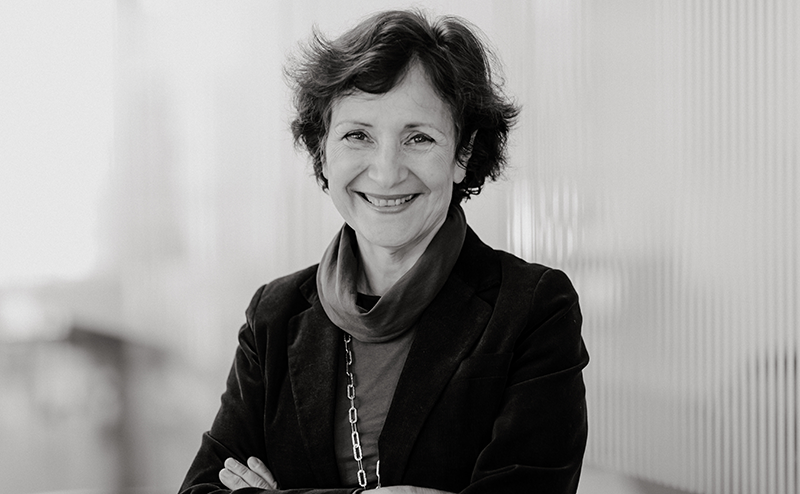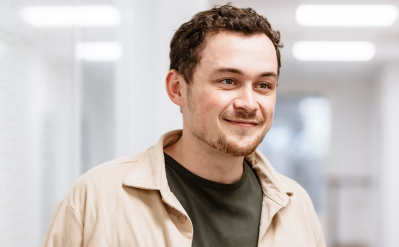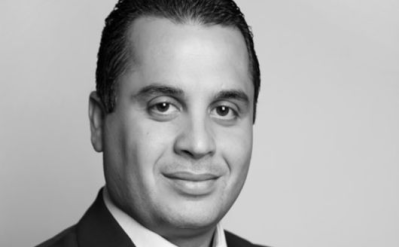News

Questions for Claude Revel, Director of Development at SKEMA Publika
On 24 February, SKEMA Business School launched the think tank SKEMA Publika. Claude Revel, the think tank’s director of development, agreed to answer a few questions from SKEMA Alumni.
What is the purpose of think tanks?
Generally, the aim of a think tank is to:
- produce rigorous and accessible thought and analyses along with recommendations, generally on issues relating to public policy and
- disseminate them to decision makers in various forms in order to exert some influence on institutions. And this is what we are going to do at SKEMA Publika.
More precisely, what is the SKEMA Publika think tank?
s part of its strategic plan, SKY25, SKEMA Business School’s ambition is to become one of the influential international think tanks guiding policy decisions. With several years of presence on four continents, thousands of students and hundreds of researchers, the school wanted to create the SKEMA Publika think tank to contribute to public debate and bring key insights to decision makers and all stakeholders, particularly in the sphere of public policy. SKEMA Publika tackles political, economic and social issues of relevance to the five countries where the school is established (France, the United States, China, Brazil, South Africa) and to international governmental and non-governmental organisations.
In the existing think-tank landscape, and in line with SKEMA’s long-standing presence in the field of competitive intelligence and influence, SKEMA Publika has made it its mission to identify and analyse the early signs of major shifts occurring within societies in key areas. To this end, the think tank follows two guidelines: provide early insights and re to national and international decision-makers in the field of public policy; deliver a variety of analyses, all of them international in scope, using a combination of human intelligence and digital tools whenever possible, to produce out-of-the-box thinking.
Our think tank will leverage the school’s exceptional international resource.
SKEMA Publika produces independent analyses; it does not push an ideological agenda.
In your opinion, what makes a good think tank?
A quality think tank is one that produces rigorous and well-founded analyses based on research and expertise, presents lessons learned, and puts forward recommendations or suggestions; it places these at the disposal of the decision-makers concerned by the issues; it takes part in public debate and it contributes to the implementation of measures.
How are the studies published on your site organised?
Our contributions take various forms, such as policy papers, report summaries and opinion pieces, about fundamental issues or current political issues. For example, we felt it essential to comment on the situation in Ukraine, through two detailed articles so far, one centred on geopolitics (Prof. Frederic Munier) and the second on economics (Prof. Laurent Ferrara). Others will follow. Most of our output is from SKEMA researchers, with occasional contributions by external experts. For certain topics, we will also be organising events such as seminars, webinars or conferences. In addition, we are going to be working in tandem with some international organisations. We are already in advanced talks with UNIDO in Brussels.
What can readers find on the SKEMA Publika website at the moment?
Right now, we have five collections:
- The EMERGY collection (emerging trends in politics and society, influences)
with, for now, the EYES 2021 report and specific variants focusing on work and each country. This series focuses on young people in the five countries where SKEMA has campuses, capturing their emerging opinions on five political issues: traditional media, social media, new technologies, security, and work. These issues were identified and prioritised by working directly with groups of 30 SKEMA students of ten different nationalities. With the help of the consultancy Antidox, specialising in mass data analysis, we then monitored the accounts of thousands of 18- to 24-year-olds on Twitter for these topics. - The Finance, Ethics and Regulation (FER) collection, in cooperation with SKEMA’s sustainable finance department led by SKEMA professor Dhafer Saïdane, with two contributions already: on the weak points in the place of stakeholders within companies, and on regulation versus self-regulation of businesses in the field of CSR. We will soon be adding an interactive CSR assessment platform for companies and organisations.
- The Uncertainties collection (should uncertainty be reduced or managed?) with a report on “The Practice of Digital Transformation Intelligence and its Impact on Organizational Performance” by Christophe Bisson, a professor at SKEMA, plus our two papers on the Ukraine situation. This collection will house all contributions resulting from our collaboration with the School of Geopolitics which SKEMA professor Frederic Munier, is going to set up and run.
- The Country Focus collection: this will focus on issues specific to each of the five countries in which SKEMA operates, with the first contribution concentrating on France. Entitled “Being or Becoming an Entrepreneur – Investigating Entrepreneurship Education and Parental Role Model for Entrepreneurs”, it was written by Philippe Chereau, Director of SKEMA Ventures, and Pierre-Xavier Meschi in Novembre 2021, based on research they had conducted.
- The Interfaces & Influences collection: this aims to open a dialogue between different worlds. It will be launched in 2022, with “Framing Interactions between Science and Policy”, a first contribution by Yoann Guntzburger and Marine Hadengue, both assistant professors at SKEMA.
And over the coming months?
We are going to be working on artificial intelligence, to tie in with SKEMA’s existing initiatives in this area. There is already a policy brief in the works, based on a scientific report by Ludovic Dibiaggio, head of the Knowledge, Technology, and Organisation (KTO) research centre at SKEMA Business School, and Lionel Nesta. We are also going to be working on sport, training in critical thinking, the necessary new attitude toward work and the corporate world, and on CSR where the priorities of NGOs and multinationals intersect.
Gradually, we would like to become a reference centre for international policymakers wishing to base their actions on early-stage precursor analyses.






